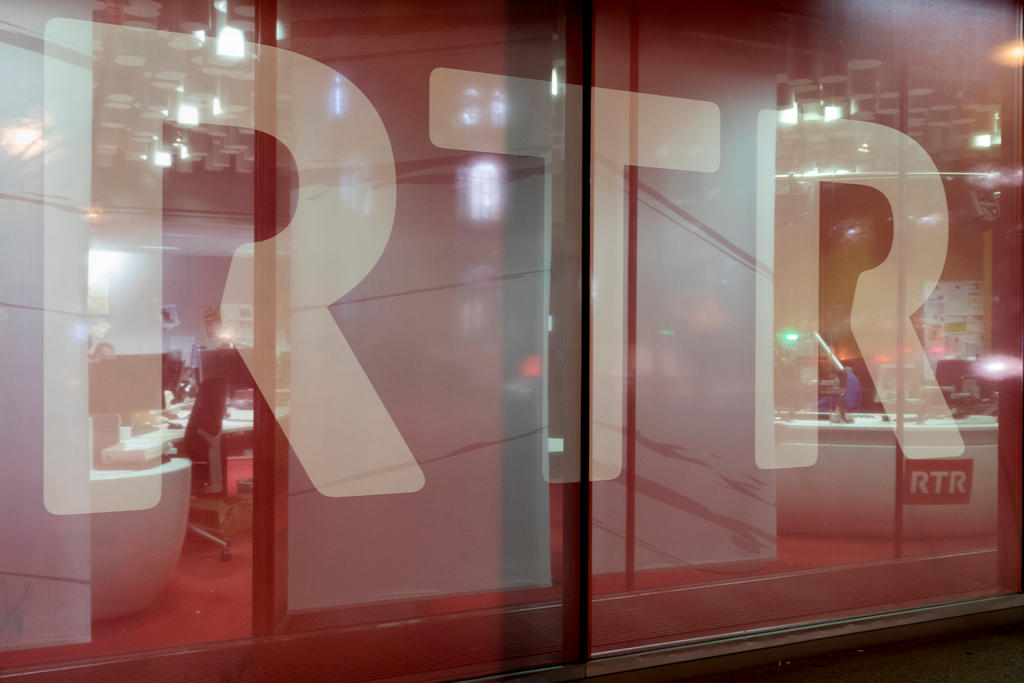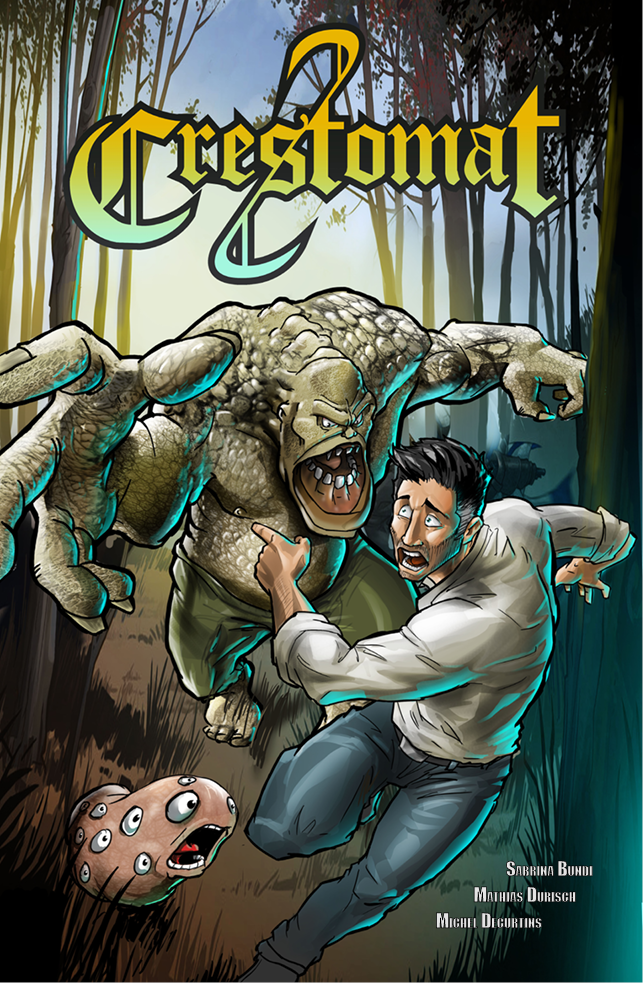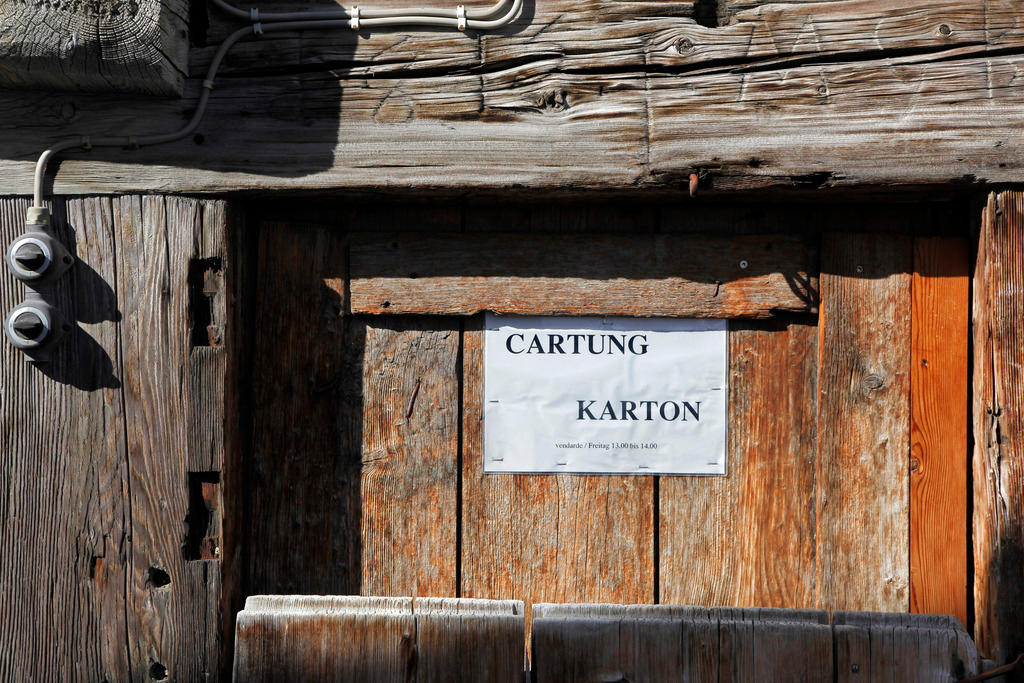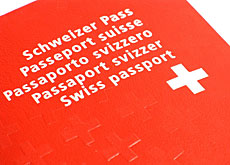Romansh-speakers call for more government support

Eighty years ago, 92% of Swiss voters approved the recognition of Romansh as the country’s fourth national language. On the occasion of this anniversary, the language’s lobby association has called for a widening of its official territory.
Speaking to media in Bern on Monday on the eve of the vote’s anniversary, Johannes Flury, president of the Lia Rumantscha association, said the whole of Switzerland should henceforth be recognised as the official territory of the language, rather than just its home region in the east.
Flury told Swiss Public Television SRF – in Romansh – that the authorities in canton Graubünden needed to implement measures to ensure that the canton stayed trilingual.
The reason for the call is the language’s ongoing decline: while Romansh grows in reputation and popularity, it is dying out in reality. It is spoken by just 0.5% of the Swiss population (around 60,000 people) and has been classified as at risk by UNESCO.
+ More on the struggle for survival of Switzerland’s smallest language
Flury says that as one-third of the Romansh-speaking population now lives outside canton Graubünden – especially in large Swiss cities where they have moved to find employment – education and training in the language should be offered across the whole country.

More
Romansh culture as you’ve never seen or heard it
The federal government should make a larger effort to promote a truly quadrilingual Switzerland, he told media, and should provide more funding to encourage “diaspora” Romansh speakers to cultivate and pass on their tongue.
In light of the upcoming “No Billag” referendum on March 4 on the future of publicly funded media in Switzerland, Lia Rumantscha was clear about the importance of such outlets for the survival of such a language; it advocated a rejection of the initiative.
swissinfo.ch journalist Jo Fahy spoke live on Facebook to Rico Valär, an academic specialising in Romansh, to find out more about the language.
Romansh, spoken in the south-eastern canton of Graubünden, is descended from Latin, the common parent of all the Romance languages.
The most widely spoken are Spanish, Portuguese, French, Italian and Romanian. Smaller Romance languages include Catalan, Galician, Lombard, Piedmontese, Napolitan, Sardinian, Occitan and Corsican.
Romansh is spoken in a number of different areas in the southeastern canton of Graubünden. Its nearest relatives outside Switzerland are Friulian and Ladin (spoken in northeastern Italy).
Romansh is divided into five written dialects or “idioms”, each with its own sub-dialects. The first written documents were produced in the Engadine in the 16th century.
Romansh was accepted as a Swiss national language on February 20, 1938. Since 1996, the official administrative form of Romansh has been an artificially created version, Rumantsch Grischun, which has been in existence since 1980. The idiom with the greatest number of speakers is Sursilvan, spoken in the area along the Anterior Rhine (Vorderrhein) from its source near the Oberalp pass.
According to Lia Rumantscha, around 60,000 people can hold a conversation in Romansh.

In compliance with the JTI standards
More: SWI swissinfo.ch certified by the Journalism Trust Initiative























You can find an overview of ongoing debates with our journalists here . Please join us!
If you want to start a conversation about a topic raised in this article or want to report factual errors, email us at english@swissinfo.ch.